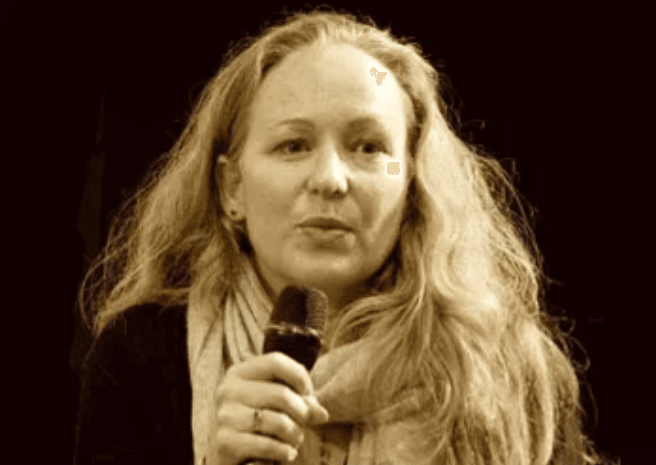Living systems change
Interview with Nora Bateson, member of The Club of Rome and Founder of the International Bateson Institute
30 October 2024

On the 45th anniversary of the report No Limits to Learning, we are exploring the transformative power of learning. We asked Nora Bateson, member of The Club of Rome and Founder of the International Bateson Institute about how living systems change and how a different approach to learning can support that.
How do the concepts of No Limits to Learning relate to your work with systems change?
The concepts of No Limits to Learning are absolutely imperative and largely untackled. I think they might be even more important than The Limits to Growth because learning itself has the potential to shift the patterns of growth. What I appreciate about the book is its focus on trans-contextual learning—learning that takes place across multiple contexts—which is central to my work. Unfortunately, this kind of learning isn’t happening in classrooms or at conferences. There’s a frustration that the knowledge described in the book has been available for a long time, yet the way we talk about learning and the systems we try to enact are still confined within the same processes we’re trying to change.
What is the problem with our current ways of learning?
Every time we create a learning environment, we’re focused on making everything vivid, explicit, direct, concrete, measurable, and deliverable. But systemic learning doesn’t work that way. In doing this, we’re essentially teaching people how to exist within a system where those linear, deliverable, measurable processes are the only evidence of learning. You can give a standardised test to a child. What have you really measured? You’ve measured how the child has learnt to take tests within a particular set of constructs. It’s not more than that. We are teaching people how to function in this world, and then at the same time, we’re asking them to unlearn those very ways of being.
What is the type of learning that would support systems change?
For the last 20 years, my work has focused on understanding how systems can get unstuck. This is closely related to the question The Club of Rome has been asking—how do we break free from established patterns of complex, multi-layered institutions? One example comes from a paralysis clinic I visited in Italy. Rather than focusing directly on the frozen arm in paralysis as most other treatments do, the practitioner asked the patient to imagine moving their finger along a spiral while describing the sensation. This engages different forms of cognition—visual, tactile, memory, and verbal—allowing different cognitive systems to reorganise themselves in relation to each other. The practitioners explained that the real pathology is not the paralysed arm but the organism’s inability to make sense of its world. This idea has been the foundation of much of my work over the last 20 years. Our different cognitive systems are in a state of mutual learning. So where is the learning itself? It’s in the combining of those processes.
So how can we help shift complex systems?
Many in the change-making scene see the world as a “frozen arm” that needs to be pried open with a plank. But real learning is not in direct transmission, it is in the nuanced, subtle combining of ideas that are, by necessity, not explicitly accessible. If you go directly at it through the language that’s familiar to the organism, it will get metabolised into the familiar, and perpetuate the situation. True transformation requires creating environments and conditions that facilitate mutual learning and cognitive reorganisation, where these different, often unseen and uncontrollable, cognitive processes can interact and co-evolve in unexpected ways. So, our challenge is to create environments with the elegance and the brilliance of this which allow for individuals to mutually learn.
Is there a practical way to foster this mindset of learning?
That’s what my work, the Warm Data Lab process is based on. It’s trans-contextual, mutual learning, but it doesn’t look like what the world would expect such a process to be like. We pose a question and people talk about it through multiple contexts while they move around however they want, whenever they want. The impact of the Warm Data Lab is not something explicit that came out of a conversation, but the opposite. It is everything you didn’t say, the story you didn’t tell, the way you reframed your words to communicate to these particular people, and the way that you think about this context after having been in that context. It’s everything that isn’t said that’s combining. If you practice this for a while, you may get into a modality of perceiving, so that when something comes along that’s actually creating systemic change, you will recognise it.
This interview series is part of a collaboration between The Fifth Element initiative by The Club of Rome and the World Environmental Education Congress focusing on the regenerative power of learning. The report No Limits to Learning published in 1979 explores new forms of learning that are essential for addressing global issues and bridging the gap between the complexity of our world and our capacity to cope with it.

